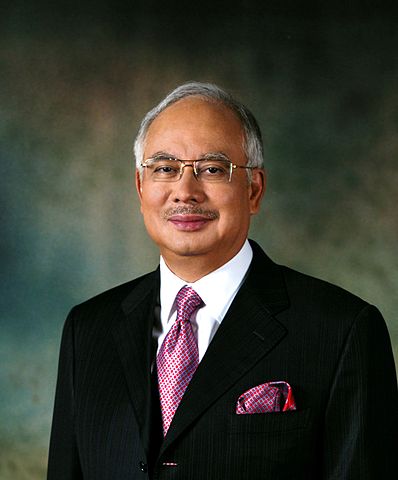Dato vs Datuk
Understanding the difference between Dato and Datuk can be difficult for those who are not Malaysian or do not speak the Malay language. Malaysia and Brunei are two countries where honorific titles are heavily used, and these titles can also be found in countries like Indonesia and Singapore. This article will focus on differentiating between Dato and Datuk, the two titles popular in Malaysia.
Malaysia has a system of granting titles to people where the wife of the title holder can use the same title in a feminine version. However, if a woman is the title holder, her husband is not entitled to use the title for himself. In this article, we will explore the differences between Dato and Datuk.
Key Takeaways
- Dato is an honorary title conferred by the rulers of the state, while Datuk is an honorary title given to people who have done great service to the country at the federal level.
- Both titles are non-hereditary, meaning they cannot be passed down to the title holder’s heir, with the exception of the hereditary Dato title in the state of Negeri Sembilan.
- The feminine version of Dato and Datuk is Datin, and females who have received the title are known as Datin Paduka.
What is Datuk?
Datuk is an honorary title given to people who have done great service to the country. Datuk is a title that is granted at the federal level, and it has been given for the last 50 years. Generally, people who have been conferred PJN or PSD are referred to as Datuk, and it is normal to find up to 200 PJN or PSD living at any given time in the country.
If one looks at the ranks of federal awards, PJN and PSD rank 9th and 10th among such awards given at the federal level. If a man is called Datuk, his wife is referred to as Datin. That means the feminine version of Datuk is Datin. The title is also given to females and then it becomes Datin Paduka. The husband of the Datin Paduka cannot use the title in a male version like a wife of a Datuk does.
Datuk is a non-hereditary title. It means once the title holder dies, his heir cannot use the title taking the father’s place.
What is Dato?
Dato is another honorific title conferred by the rulers of the state as opposed to Datuk, which is awarded at the federal level. This is a title reserved for people who have contributed significantly for the society, but is not a federal title but granted at the state level. Dato is given by a state leader who is not chosen by the state legislature. This leader is a hereditary leader, a Sultan. The wife of a person awarded Dato is also known as Datin. That means the female version of Dato is also Datin. Then, if a female is awarded with Dato because of the great service she has done, then the title changes to Datin Paduka.
Normally, the title Dato is also not hereditary. That means once the person who was awarded the title dies, his heir cannot use the title as his father did. However, in the state of Negeri Sembilan, hereditary Datos exist. There once the title holder dies, his heir gets to use that title. However, this is not a title awarded by the state ruler. Rather this title passes from one to the other according to customary native laws.
What is the difference between Dato and Datuk?
- Both Dato and Datuk are honorary titles given to ordinary people for the service they have done.
- Dato is awarded at the state level while Datuk is awarded at the federal level.
- The feminine form of both Dato and Datuk is Datin, and females who have received the title are known as Datin Paduka.
- Neither Dato nor Datuk are hereditary titles, with the exception of the hereditary Dato title in the state of Negeri Sembilan.
- Dato can be granted by a hereditary Royal ruler of one of the nine states, while Datuk is conferred at the federal level by Agong or a state ruler without a Sultan.
As you can see, both Dato and Datuk are honorary titles given to ordinary people for the service they have done. Dato is awarded at the state level while Datuk is awarded at the federal level.
